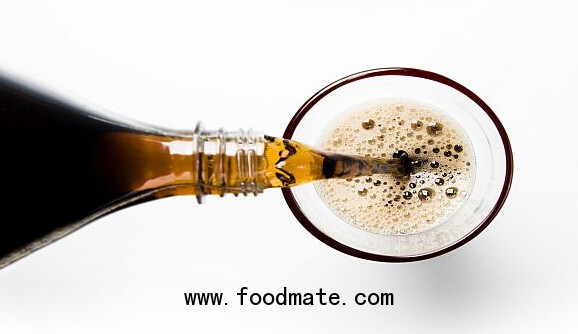The uptick of obesity and type 2 diabetes have critics coming down hard on sweeteners. Even some natural sweeteners have been beat up while other low- to no-calorie sweeteners have received a lot of praise. Major beverage companies have introduced (or reintroduced) better-for-you sodas with natural sweeteners and cleaner labels. The beverage industry continues to invest in R&D and seek out new sweet sources that not only please consumers’ palettes, but they are naturally sourced, low- to no-calorie, low glycemic impact and more.
New research, however, is adding one more condition related to sugar intake—non-alcoholic fatty liver disease (NAFLD), which affects approximately 30 percent of U.S. adults. Researchers examined the cross-sectional association between intake of sugar-sweetened beverages—such as caffeinated- and caffeine-free colas, other carbonated beverages with sugar, fruit punches, lemonade or other non-carbonated fruit drinks—or diet soda and fatty liver disease in 5,908 participants (J Hepatology. June 5, 2015). Participants were categorized as either non-consumers or consumers (3 categories: 1 serving/month to <1 serving/week, 1 serving/week to <1 serving/day, and ⩾1 serving/day) of sugar-sweetened beverages or diet soda.
After adjustment for age, sex, smoking status, Framingham cohort, energy intake, alcohol, dietary fiber, fa, protein, diet soda intake and body mass index (BMI), the researchers saw a higher prevalence of NAFLD among people who reported drinking more than one sugar-sweetened beverage per day compared to people who said they drank no sugar-sweetened beverages. They concluded regular sugar-sweetened beverage consumption was associated with greater risk of fatty liver disease, particularly in overweight and obese individuals, whereas diet soda intake was not associated with measures of fatty liver disease.








